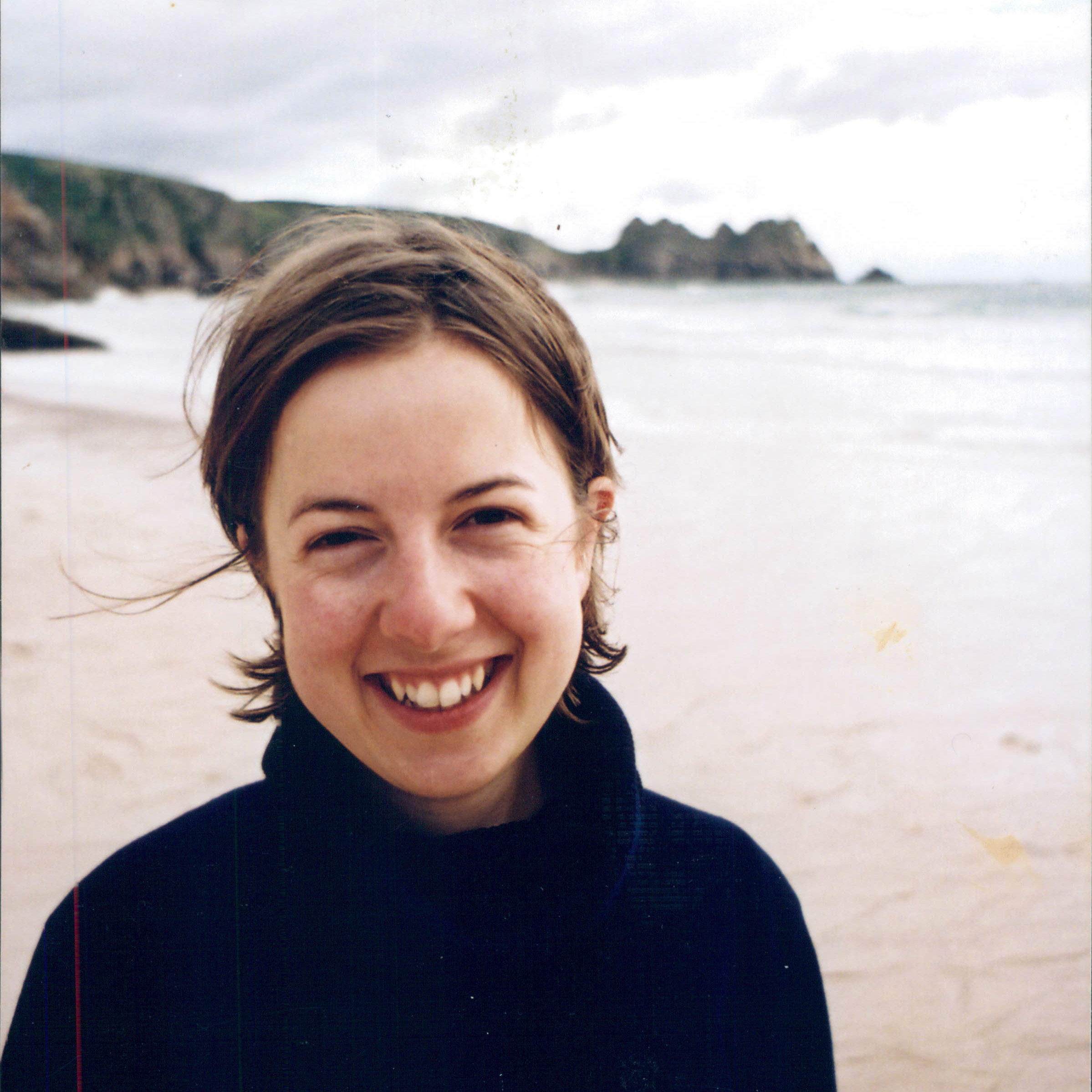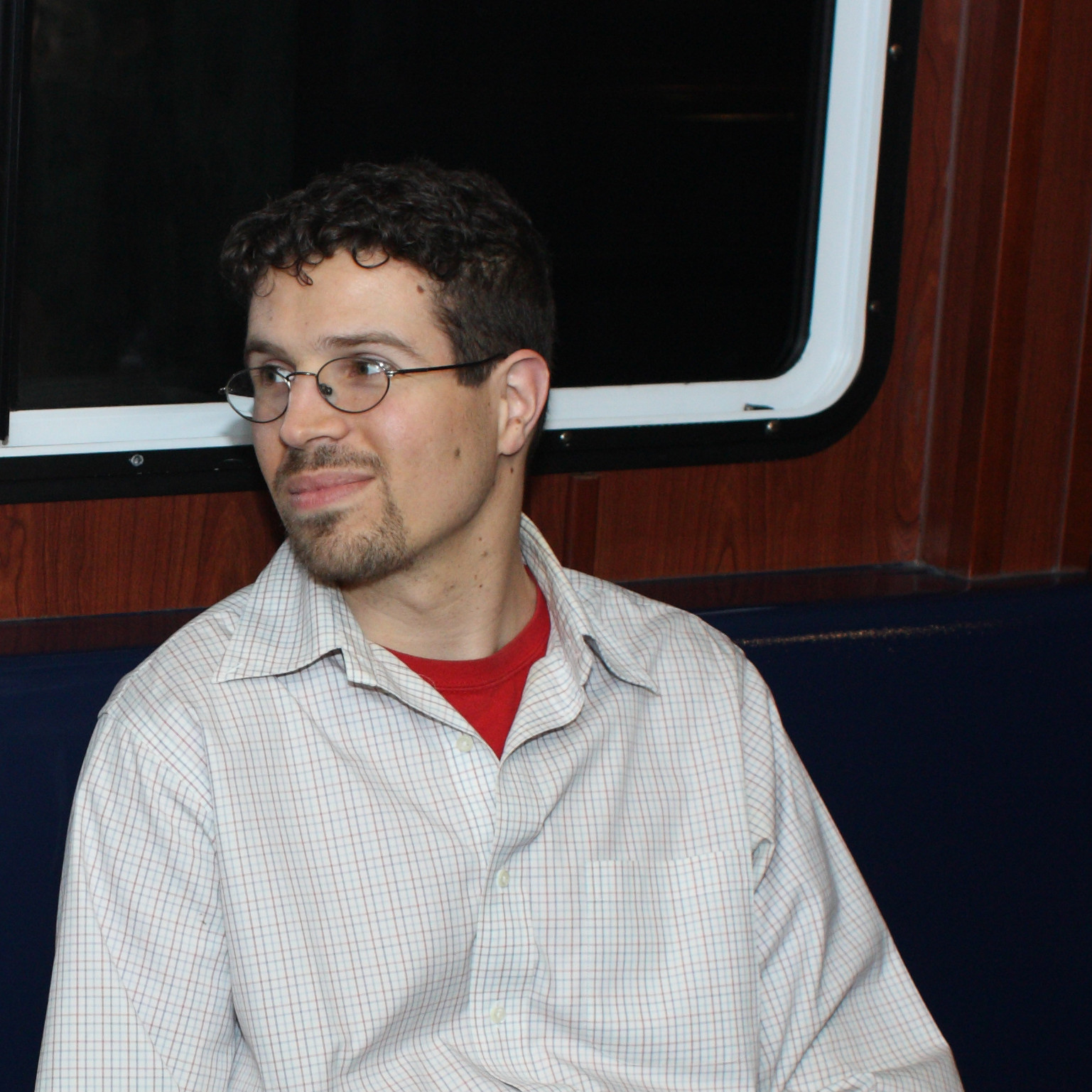Back To School: Education For Living
/It's nearly autumn and even though most of us here at the YA Blog Team are no longer students, we're still sensing that feeling of "back to school" that accompanies the end of summer and we've been trying to figure out how to harness that feeling so we can really start the fall months off with a bang.
Since we don't need new backpacks, three-ring binders, lunchboxes, pens, or pencils, we weren't sure what "back to school" meant for us now that we're in our 20s and 30s. Then we thought of this quote from Easwaran:
Patanjali, the great teacher of meditation in ancient India, tells us to take to the spiritual life so that we may realize who we are. To me, this is real education–not education for degrees but education for living, which is a perfect description of meditation.
Although we're not all in the midst of education for degrees, all of us YAs are in the midst of education for living – "back to school" indeed!
So for this education, if don't need new backpacks, what do we need? We brainstormed a few ideas over here at YA Blog Headquarters, and would love to hear what you would put in the Education for Living Syllabus:
- "Text books" aka teachings from Easwaran – besides all of his many published books, there are lots of free web resources: the full text of the book Passage Meditation, a free introductory online course, and our free quarterly journal. Also, don't forget last week's blog post with a free hour-long mp3 talk from Easwaran!
- "Peer reviewed studies" aka tips from other YAs – just as researchers publish results of experiments and tests they've performed, here at the blog we've gathered posts full of tips and ideas based on the experiences of other YAs. We've recently revisited Adam's post on tips for meditating while traveling, Saskia's post on meditating while in university, Abhijeet's post on how to use passages in difficult situations, and Jeremy's recent post on slowing down, and found tons of great ideas we can experiment with adding into our own daily practice.
- "Study buddies" aka YA community – just as it's important to read and research on your own, it can be equally important to get in touch with other students! On the blog you can join in the conversation about the passages from August or July, or even just scroll through the photos on the YA news page (and maybe submit one of your own). Also check into our online email group the YA eSatsang that provides a forum for asking questions of the group.
We'd love to hear what you think is essential material for heading back to school in education for living, feel free to share in the comments what helps you get fired up about your practice!
And to end, we leave you with this quote from Easwaran:
Our highest duty is to give back to life. Life is a trust, and each of us is a trustee whose job is to use the assets entrusted to us for the greatest benefit to all. It follows that the real mark of an educated man or woman is not university degrees but how much they contribute to the welfare of others, and the question to ask at graduation is not “What job will bring me the best salary or the most prestige?” but “How can I help to make the world a little better for my having lived?
Easwaran teaching passage meditation at UC Berkeley






